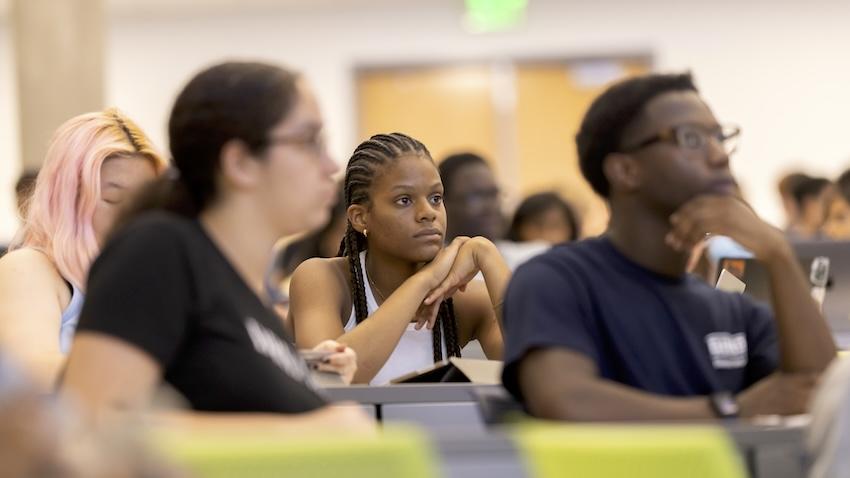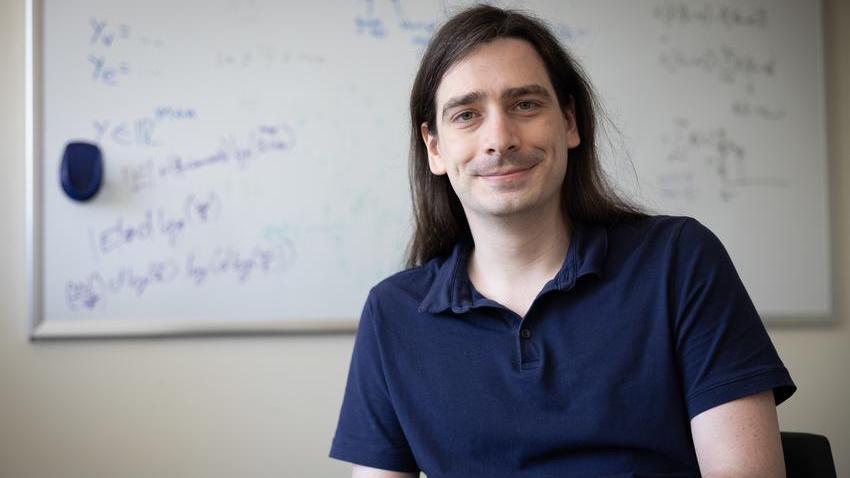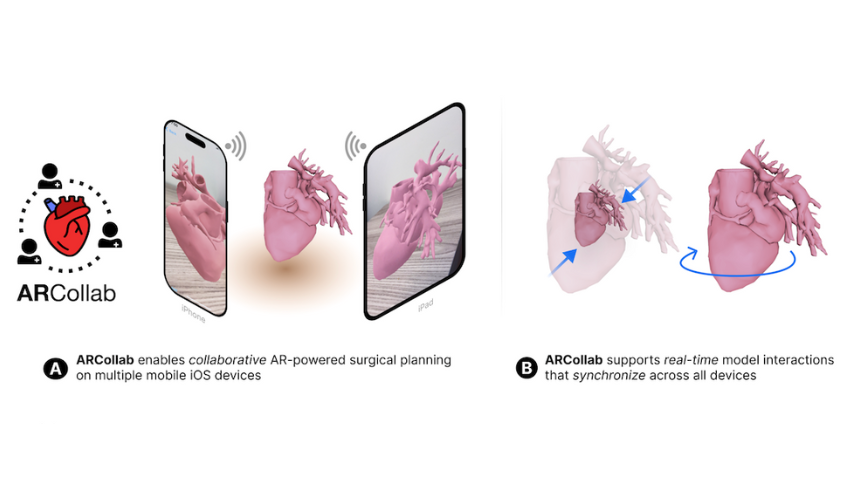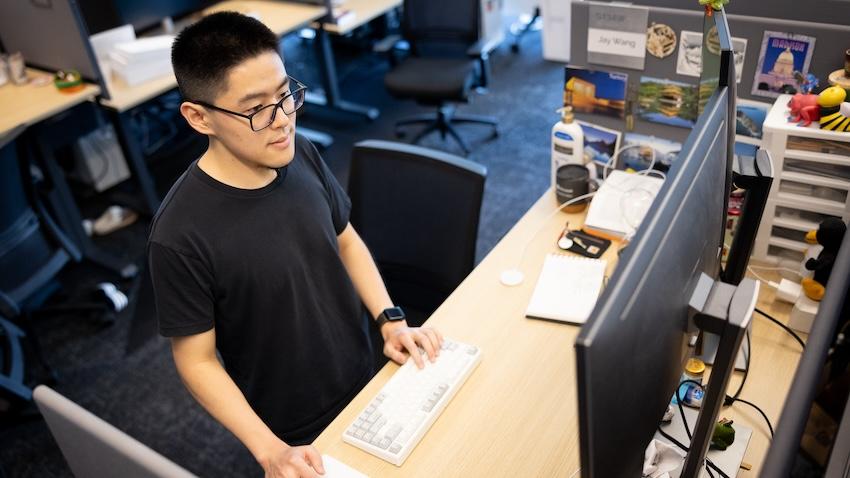
Georgia Tech partners on new NSF Large-scale Research Infrastructure for Education
Education researchers have long struggled with access to data sets of learners, and for good reason - there are stringent privacy restrictions in place to protect students. Education researchers looking for ways to improve learning experiences and close gaps need that data for their work.
A newly announced $90 million National Science Foundation (NSF) project will build an infrastructure for that inclusive education research. Led by OpenStax-Rice University, SafeInsights is a large-scale education research hub that will safely connect digital learning platforms and educational institutions.

This initiative represents the NSF’s largest single investment in R&D infrastructure for education at a national scale, and SafeInsights will be the first national infrastructure of its kind.
Annie Antón, ADVANCE Professor of Interactive Computing at the Georgia Institute of Technology, will contribute to SafeInsights through a $750,000 subcontract for research on privacy-preserving enclaves and regulatory compliance with federal privacy regulations.
“It’s a unique opportunity to contribute to an ambitious project to create a major education research platform in a meaningful way at a time when protecting the privacy of all students nationally is so critical,” Antón said.
SafeInsights includes a multidisciplinary network of 80 collaborating institutions and partners, including major digital learning platforms that currently serve tens of millions of students. Antón and Georgia Tech will join researchers and large-scale digital learning platforms to enable privacy-preserving research studies to better understand student learning.
According to national polls conducted by the Data Quality Campaign, 86% of teachers recognize the importance of research in effective teaching. However, the majority of teachers must individually piece together research-informed teaching and learning strategies, often with limited resources.
SafeInsights studies will help us understand how students learn best, no matter who they are, what they are learning, or how they are learning. The insights gained can lead to the development of better, research-informed teaching tools and practices, promoting educational equity.
“Better research leads to better learning. SafeInsights will enable a community of researchers to safely study large, diverse groups of students over time as they use different learning platforms,” said Richard Baraniuk, Rice professor, OpenStax founder, and project lead. “Researchers will be able to explore new ways to understand learning for students at all levels of education, which can lead to unprecedented discoveries and next-level innovations.”
SafeInsights stringently protects learner privacy. SafeInsights uses a unique technique called “secure data enclaves,” which unlocks valuable insights without revealing any student information to researchers or moving student information from the learning tools that it safely lives in today.
To learn more about SafeInsights and stay informed of future progress, please visit safeinsights.org.
About Georgia Tech
The Georgia Institute of Technology is one of the top public research universities in the U.S., developing leaders who advance technology and improve the human condition.
The Institute offers business, computing, design, engineering, liberal arts, and sciences degrees. Its more than 47,000 undergraduate and graduate students represent 54 U.S. states and territories and more than 143 countries. They study at the main campus in Atlanta, at campuses in France and China, or through distance and online learning.
As a leading technological university, Georgia Tech is an engine of economic development for Georgia, the Southeast, and the nation, conducting more than $1 billion in research annually for government, industry, and society.
We are thrilled to announce Vivek Sarkar as the new Dean of the College of Computing at Georgia Tech! With a distinguished career spanning academia and industry, Sarkar's leadership promises to elevate our community to new heights. https://t.co/2mX5D46cJz pic.twitter.com/LxpLTCXWZV
— Georgia Tech Computing (@gtcomputing) April 12, 2024
@GeorgiaTech's dedication to excellence in computer science (CS) has been recognized once again, with the latest U.S. News and World Report rankings unveiling the institution at 7th place overall for graduate CS studies.https://t.co/qavNUSTb7n pic.twitter.com/BcGyGBQld8
— Georgia Tech Computing (@gtcomputing) April 10, 2024


